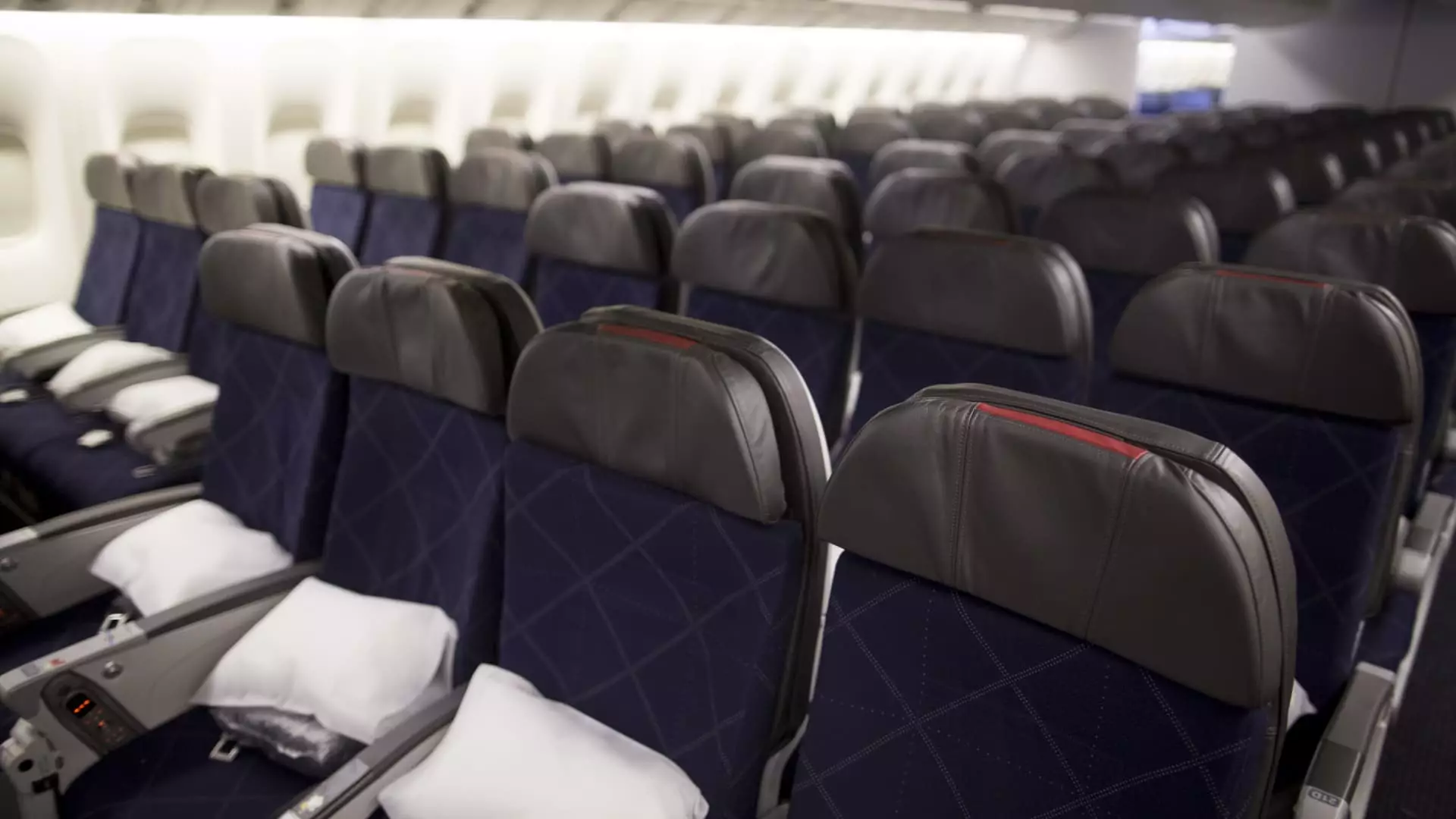In recent years, U.S. airlines have come under scrutiny for their controversial practice of charging passengers hefty fees for seat selection. As airline executives prepare to face a Senate panel, they find themselves defending a financial strategy that has proven highly lucrative. According to a report released by the Senate Permanent Subcommittee on Investigations, between 2018 and 2023, major airlines—including American, Delta, United, Spirit, and Frontier—generated a staggering $12.4 billion solely from seating fees. These charges disproportionately target passengers desiring extra legroom or seats in more favorable locations, such as those near the front of the aircraft or along aisle and window spots. Such fees have been labeled “junk fees,” reflecting growing frustration among consumers and lawmakers alike.
As the hearing approaches, airline executives have prepared their defenses, emphasizing the voluntary nature of these fees. Stephen Johnson, American Airlines’ chief strategy officer, insists that customers are presented with clear options regarding seat selection, thus allowing them to make informed choices. According to Johnson, those who are willing to pay for what they consider premium seating are making a conscious decision to enhance their travel experience. The perception of transparency is crucial here; airlines argue that they clearly denote which fare structures require additional payment for desirable seating arrangements.
However, skepticism remains. Many passengers argue that these fees disrupt what once felt like a straightforward purchasing process for airline tickets. The introduction of fee-based models by discounters like Spirit and Frontier has led to a ripple effect across the industry, compelling traditional airlines to follow suit with their own fee-laden basic economy classes. Consumers are left questioning if the options provided are as voluntary as portrayed or if they are being guided into a financially-demanding framework designed to bolster corporate profits.
With the Biden administration pledging to tackle what it labels “junk” fees, the Senate hearing adds a layer of political pressure on the airline industry. Lawmakers have zeroed in on airlines for not only their seating fees but also other ancillary costs, including baggage charges. The continued push for consumer-friendly legislation stands at odds with an industry focused on maximizing revenue through a la carte pricing models.
As pressure mounts, executives will need to justify their strategies convincingly—not just to the Senate but also to a wary flying public that increasingly views these costs as exploitative. The stakes are particularly high for budget carriers, especially in light of Spirit Airlines’ recent Chapter 11 bankruptcy filing, which was attributed to heightened competition and shifting consumer preferences.
The outcome of this Senate hearing might set a precedent that could reshape how airlines approach pricing and transparency. Changes in regulatory policies could force airlines to rethink the viability of their current fee structures. If the Senate succeeds in enacting stricter rules regarding fee disclosures and transparency, the traditional model of the airline industry may be irrevocably altered.
The Senate panel’s investigation into seating fees raises important questions about fairness, transparency, and consumer choices in air travel. While airlines defend their monetization strategies, passengers continue to call for reforms that prioritize their rights and pocketbooks, suggesting that the conversation surrounding airline fees is far from over.


Leave a Reply